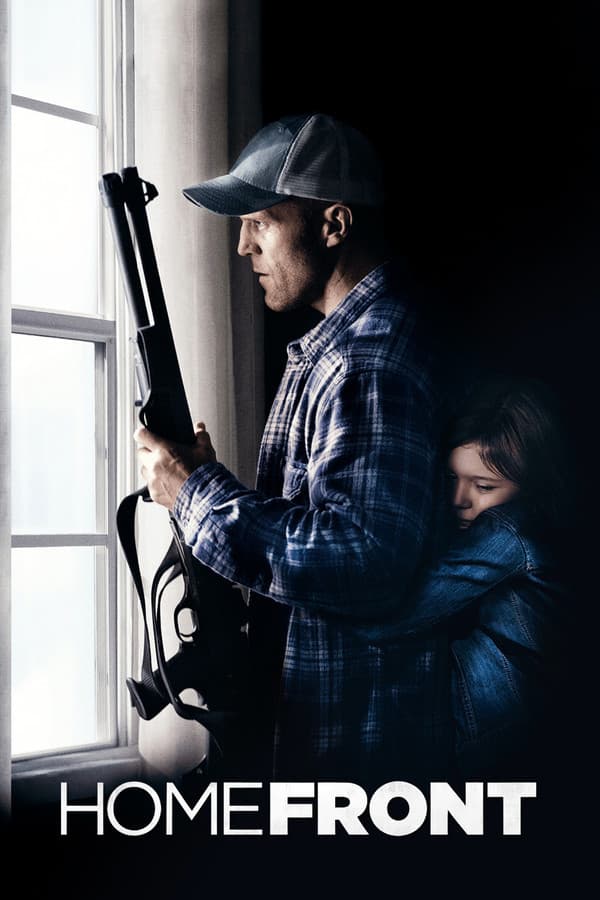
Homefront
2013 • Action, Thriller • R
Phil Broker, a retired DEA agent, leads a quiet life with his daughter Maddy, until a school bullying incident draws them into a conflict with Morgan “Gator” Bodine, a local crime boss.
Runtime: 1h 40m
Why you should read the novel
Dive into Chuck Logan’s novel, Homefront, for a rich and nuanced experience that delves far beyond the surface-level action of the film. The book immerses readers in the protagonist’s internal struggles, vividly building the world around him with intricate character development and emotionally driven storytelling. It offers layers of psychological drama and backstory that provide context for every decision and confrontation.
Engaging with the original novel allows readers to appreciate the intricate details of Logan’s writing, which includes deeper explorations of secondary characters and complex motivations often glossed over in the cinematic adaptation. This depth creates a more fulfilling and suspenseful narrative, immersing readers long after the final page.
By choosing the novel over the film, readers gain access to a richer understanding of the story’s themes, moral ambiguity, and the personal cost of violence and secrets. The book invites you to explore the subtleties of character relationships and ethical dilemmas that make for a far more compelling and lasting experience.
Adaptation differences
The movie Homefront adapts Chuck Logan’s novel by streamlining much of the plot and focusing primarily on action, often at the expense of the deeper character arcs and motivations present in the original story. For example, the film transforms Phil Broker’s character into more of a classic lone hero archetype, emphasizing his physical skills, while the book portrays him as a complex individual grappling with past trauma and the everyday responsibilities of fatherhood.
In the novel, the antagonist’s motivations and background are explored much more extensively, providing a richer context for the escalating conflict. The movie, however, tends to simplify the villains, concentrating on their criminal actions rather than their layered personalities and histories. This reduces the moral ambiguity that the book so effectively cultivates.
Another significant difference is the portrayal of supporting characters. In the book, these characters have well-developed subplots that intersect with Broker’s journey, providing a broader look at the community and its dynamics. The film, by contrast, sidelines or omits several key perspectives, focusing tightly on Broker, his daughter, and the main antagonist to maintain high-paced action.
Additionally, several plot elements and twists from the novel are either changed or dropped entirely in the adaptation, altering the story’s tone and pacing. The richer emotional nuance and thematic exploration found in Chuck Logan’s writing are not fully captured on screen, making the novel a more rewarding and textured exploration of the story’s core conflicts.
Homefront inspired from
Homefront
by Chuck Logan






